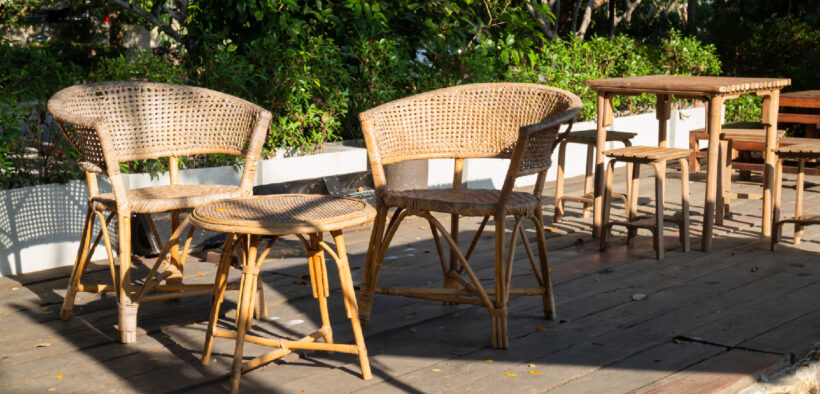I have a brown wicker chair on my back porch. It is nestled in a little nook, shaded by the overhang of my roof and the foliage of Douglas firs and oaks. My neighbor’s water features, two little fountains and streams, gently murmur. One they lovingly call Bird Song Falls. A thicket of blackberries edges the green below me, the undulating shades of grass, mixed in with patches of verdant moss, fed, nurtured, and instigated by the wet Oregon winters. When I sit out there, the ills of the world seem to fade away. I hear the birds in the dell up slope. I leave my computer, phone, and tablet inside. I do not own a smartwatch. There is the occasional sound of a dog or child in the distance, but more often, the hoot of an owl or the wind sweeping through. This is my space. This is my time. Do you have you time?
Got You Time? Clearing Mental Clutter for Growth

Related Articles
I have two loves: teaching and learning. Although I love them for different reasons, I’ve been passionate about...
Active learning is a mostly meaningless educational buzzword. It’s a feel-good, intuitively popular term that indicates concern for...
Perhaps the earliest introduction a student has with a course is the syllabus as it’s generally the first...
Generative AI allows instructors to create interactive, self-directed review activities for their courses. The beauty of these activities...
I’ve often felt that a teacher’s life is suspended, Janus-like, between past experiences and future hopes; it’s only...
I teach first-year writing at a small liberal arts college, and on the first day of class, I...
Proponents of rubrics champion them as a means of ensuring consistency in grading, not only between students within...








